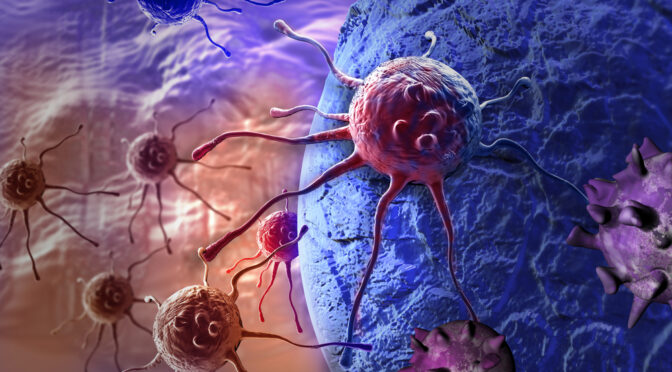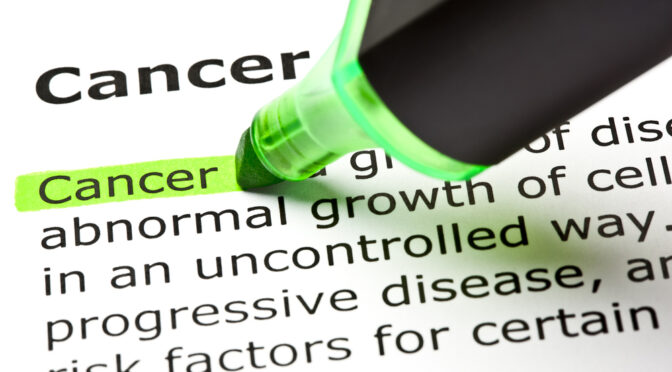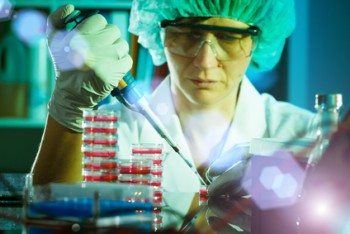Herbs and other supplements can provide an added boost for patients with cancer. In many cases, alternative cancer therapies can succeed where standard therapies have failed.
However, in some cases, complementary medicines that are recommended for some patients can actually have adverse effects on certain other patients. An herb may be excellent for one form of cancer and hazardous for another. In all cases, patients should confirm recommendations with a doctor before taking supplements.
These products may not be prescription drugs, but they do have a powerful ability to interact with chemotherapy, radiation treatments, and anti-cancer medicines.
Below are common supplements with anti-cancer properties that may also cause serious problems if taken during other treatments. Consult the American Cancer Society website or other trusted sources for a helpful guide to vitamins, minerals, and herbal medicines.
1. Fish oil: May induce bleeding if you have a low platelet count.
2. Ginger: Also may induce bleeding.
3. Turmeric: Could decrease the effectiveness of chemotherapy — or increase the effects, with toxic results.
4. Coenzyme Q10: Antioxidant properties may interfere with chemotherapy and radiation.
5. Milk thistle: May affect estrogen levels, which could pose an issue for breast or ovarian cancer.
6. Licorice: Also may affect estrogen levels.
7. Green tea: Negates the benefits of certain anti-cancer drugs.
8. Reishi mushroom: May interfere with certain drugs or chemotherapy.
9. Astragalus: May interfere with certain immunosuppressants.
10. Acidophilus: May cause infections or other problems if taken during chemotherapy.
Despite the risks for some patients, these substances do have successful results for many people. Issels® Integrative Immuno-Oncology can always help with information about alternative cancer treatment.






